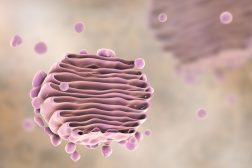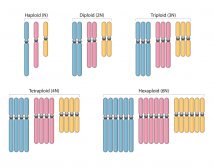Definition
noun, plural: metabolites
A substance that is a product of metabolic action or that is involved in a metabolic process
Supplement
A metabolite refers to any substance involved in metabolism. It is often regarded as the immediate by-product of a metabolic process. However, some references consider those involved in a metabolic reaction (not necessarily a by-product) as a metabolite.
Metabolites are biomolecules that are relatively smaller in size than the large biomolecules (e.g. proteins and nucleic acids). They are naturally occurring. However, they can be produced artificially for industrial and pharmaceutical uses. The metabolites can be grouped into two major types: primary and secondary. Primary metabolites are those that are directly involved in the growth, development, and reproduction of an organism whereas secondary metabolites are those that are not. Thus, primary metabolites are critical to the survival and the fecundity of an organism. Secondary metabolites may not be as crucial but the lack or insufficiency could lead to the impairment of the organism.
Examples of primary metabolites are ethanol, glutamic acid, aspartic acid, 5′ guanylic acid, acetic acid, lactic acid, glycerol, etc. Examples of secondary metabolites are pigments, resins, terpenes, ergot, alkaloids, antibiotics, naphthalenes, nucleosides, quinolones, peptides, growth hormones, etc.
Synonym(s):
- metabolin
See also:







